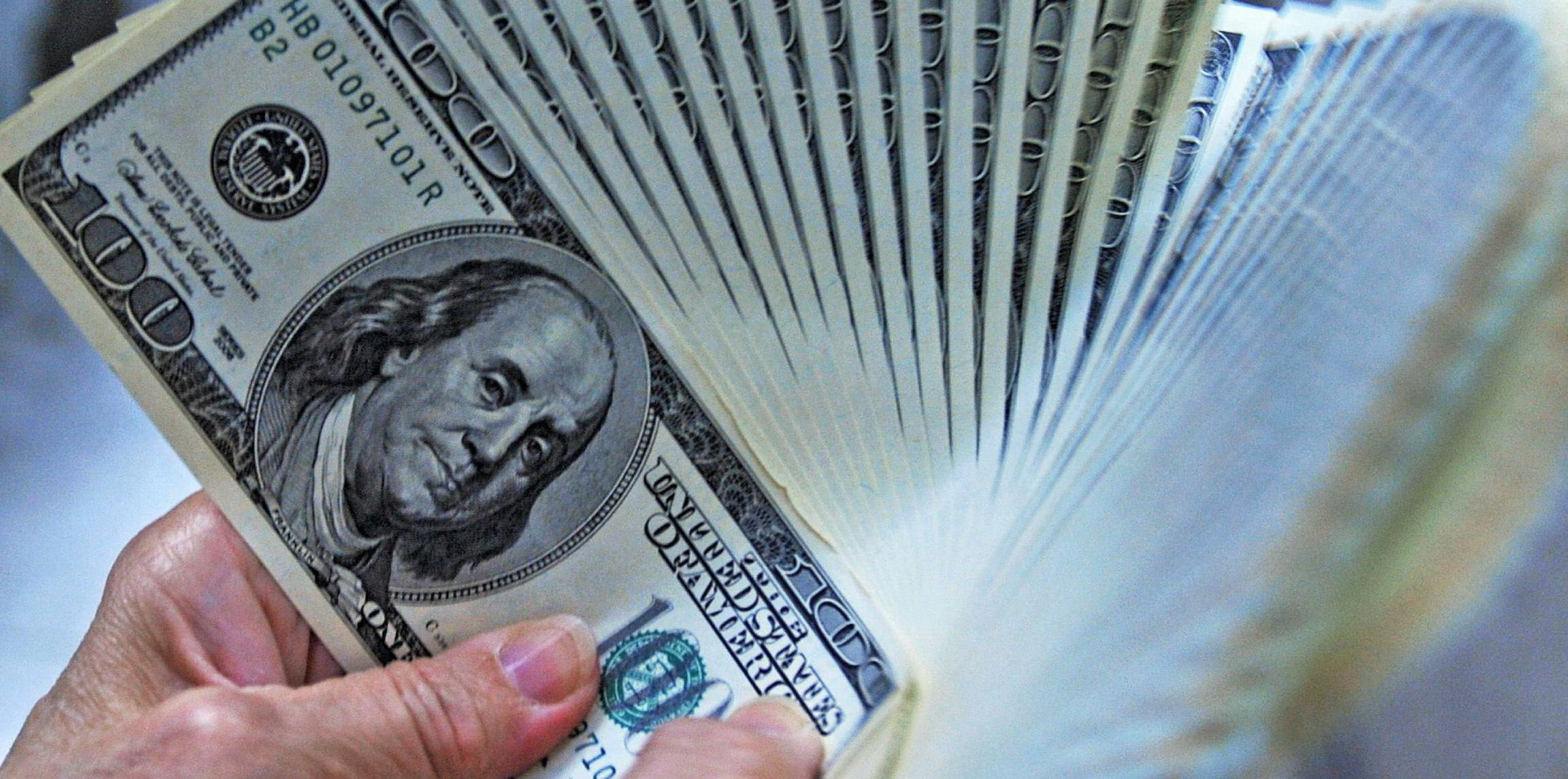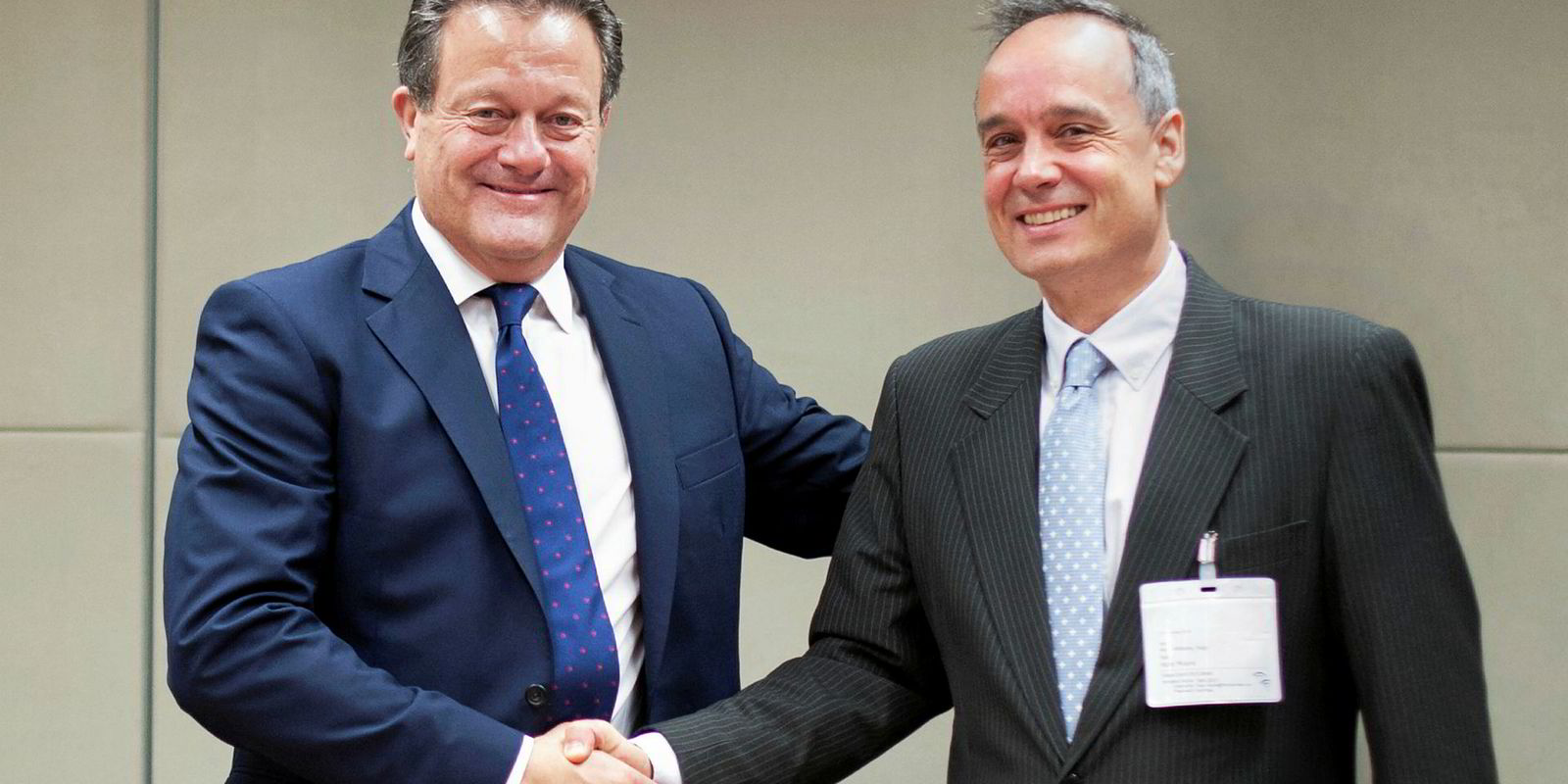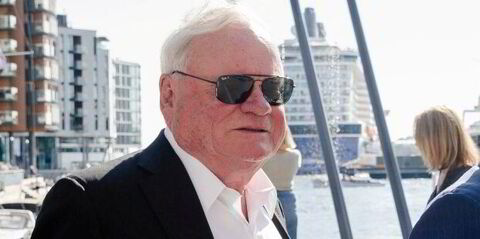The Scorpio group, Oceanbulk and other owners with similarly large fleets and operating profiles are considering a joint purchasing alliance that will seek to negotiate an improved insurance deal from members of the International Group of Protection & Indemnity Clubs.
The move is being seen as a challenge to the existing International Group system.
People say rates are low and we are getting a good deal but how do we know we are getting a good deal? And how do we know our claims record is being rewarded?
Those involved in the effort are hoping that even if it is not successful it could at least prompt a rethink of the terms by which P&I cover is sold.
The project is bound to give North P&I Club chief executive Paul Jennings an interesting start as he takes over this week from Hugo Wynn-Williams as International Group chairman.
The man behind the idea is former PL Ferrari broker Vittorio de Gaspari, who left the Genoa-based firm in June last year and later joined Monaco's Scorpio as a full-time employee.
The scheme is focusing on some of the industry’s largest players, with giants like Euronav said to have been approached to take part. Scorpio alone has a massive fleet of 173 ships amounting to 11.8 million dwt.
The plan draws on Scorpio's experience in pool arrangements where discounts are earned through combining purchasing power.
Looking for support
The idea is that if the backing of a certain volume of tonnage can be secured the partners will approach the 13 International Group P&I clubs and attempt to persuade some to break ranks and form a panel to provide cover to the newly formed insurance pool.
The structure of the proposed scheme will not be covered by the rules of the International Group Agreement (IGA), which restrict the free movement of tonnage. But the shipowners will still hope to benefit from the International Group's whopping $3bn reinsurance cover.
In effect, it will mean that P&I cover for a single ship is shared between the panel of clubs rather than one club covering one ship.
The move is also part prompted from some dissatisfaction that the current system lacks transparency.
"People say rates are low and we are getting a good deal but how do we know we are getting a good deal? And how do we know our claims record is being rewarded?" said one shipowner considering joining the scheme.

Purchasing power
Another factor is that some large-scale shipowners do not believe they are getting the rates from clubs that they believe their size merits.
"In operating pools, we care about seeing that our purchasing power is fairly assessed. Shouldn't a bigger or more industrial shipowner get a better deal than the mom and pop shop?" questioned another owner.
The International Group structure provides billions of dollars of low cost cover to thousands of owners but some of the industry’s largest players have questioned whether it offers them the best deal.
TradeWinds earlier reported how one of the world’s largest shipowners and operators, Denmark's AP Moller-Maersk, had written to some International Group members expressing its frustrations with the model.
But the success of Scorpio's planned pool scheme relies heavily on the cooperation of at least a few of the 13 International Group members.
Those clubs that responded to TradeWind’s requests to comment on the scheme said that they were not ready to play ball with the pool players. “If the clubs are not involved, it’s a non starter,” said one broker.
Some industry sources viewed the move as a simple re-brokering of P&I arrangements rather than a new P&I model. They said that, in effect, it boils down to an attempt to wrestle Scorpio and its partners away from their existing broking arrangements.
Others point to the huge difference between using pooled purchasing power to get a better price for commoditised products like lube oil and securing sophisticated services like marine insurance, which require elements of shared risk and mutuality.
“What will they do if there is a really big claim?” suggested one P&I manager who thought the proposed arrangements would suddenly prove extremely fragile if tested by a major incident.
Others point to the fact that the industry’s largest owners already leverage their size by splitting their fleets among two, three or more P&I clubs.
The International Group’s view is that as there are no concrete proposals on the table at the moment and, even if that were to happen, it is a matter for individual clubs on how they respond.




